JC Metalworks has invested in the latest energy-efficient technology for enhancing its production of metal encasements and enclosures for heat pumps.
By reducing the energy use and carbon emissions of our metal manufacturing processes, JC Metalworks has wholeheartedly embraced the goal of achieving Carbon Neutrality by 2050.
Today’s heat pumps can reduce electricity use for heating by approximately 50% compared to electric resistance heating such as furnaces and baseboard heaters. High-efficiency heat pumps also dehumidify better than a standard central air conditioning unit, resulting in less energy consumption and more cooling comfort in the summer months.
What are heat pumps?
A heat pump is a device that can heat a building (or part of a building) and produce hot water by transferring thermal heat energy from the outside air, water, or the earth using the refrigeration cycle. It can also operate in the opposite direction, cooling the building by removing heat from the enclosed space and ejecting it outside. Units that only provide cooling are referred to as air conditioners. The most popular types of heat pumps are:
Ground source heat pumps
Ground source heat pumps are housed within a building, much like a traditional central heating gas boiler. They work by extracting natural heat energy from underground. To collect the heat, several vertical boreholes are drilled, in order to insert a series of ground collector pipes between 1.5 and 2 metres underground. Placing them at this depth allows the system to work at maximum efficiency, where year-round temperatures average between 10-12°C.
Read more about how ground source heat pumps work.
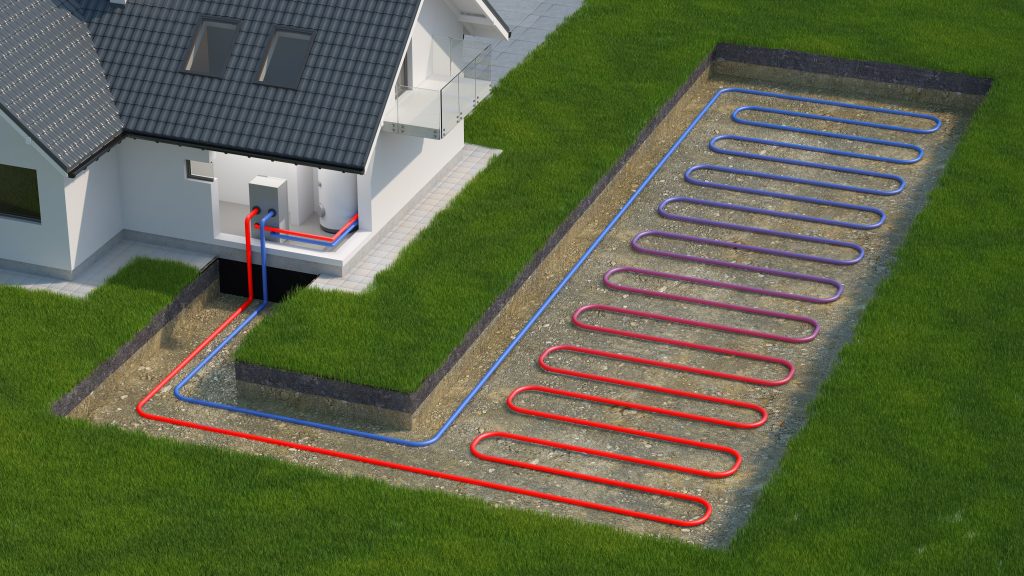
Those who live rurally or are not connected to the mains grid are likely to benefit most from a ground source heat pump system. Traditionally these homes and businesses have had to rely on LPG, oil, wood, or coal as types of heat sources. Switching to a ground source heat pump can help reduce the exposure of households and businesses to volatile fuel prices as fuel deliveries will no longer be needed. What’s more, they are almost maintenance-free and there’s no need for burning fuel that pollutes the environment.
The benefit of using ground source pumps are not limited to off-grid places. Any property with suitable outdoor space for boring can take advantage of this low-carbon heat source.
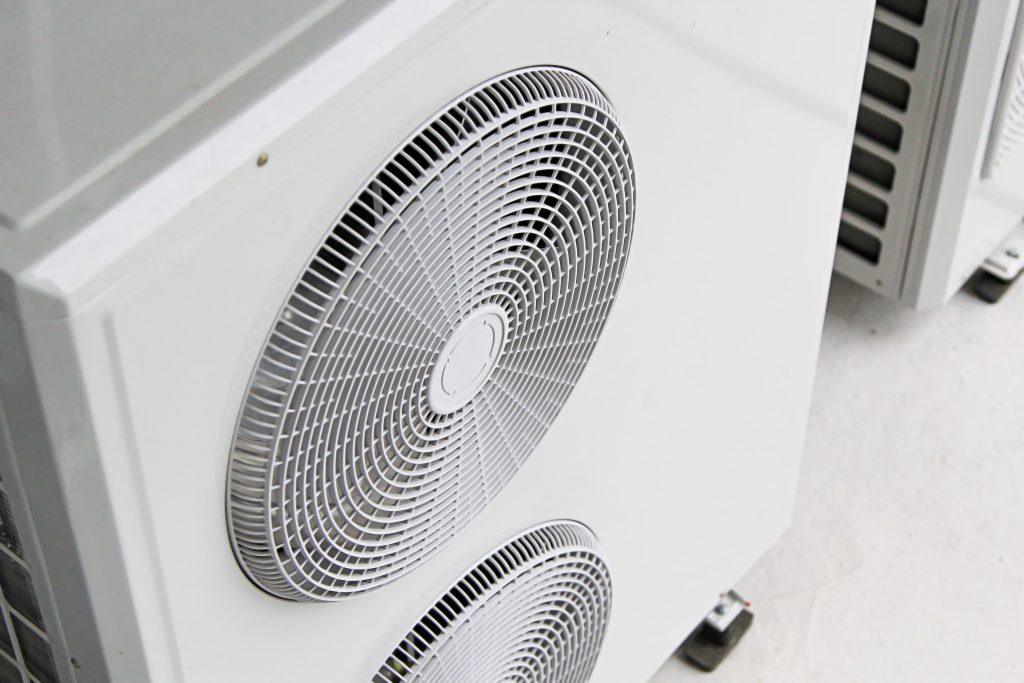
Air source heat pumps
In essence, air source heat pumps work like a fridge in reverse. Positioned outside of a property, an air source pump pulls in the cool air which heats the refrigerant liquid and turns it into gas. The gas is then compressed until it reaches the desired temperature for warming your home or business and supplying all the hot water you require.
What’s impressive is that air heat pumps can operate well down to -15°C, which is typically lower than the 2°C average experienced in the UK at night. Therefore there is no seasonal performance factor to consider, so you can have peace of mind that it will deliver heat to your home or business throughout winter. And it is much more efficient than even the most efficient gas boiler.
Where space is limited and no water source is within easy reach, air source heat pumps could be the ideal choice for you. Of the 3 types currently available, the air source heat pumps are usually the easiest to install and are much smaller units than the other options.
Choosing an air source heat pump is especially perfect for people living in high-rise buildings with balconies. This is because the air a few stories high is usually warmer than at ground level and a lot of these buildings are within city environments. Cities benefit from urban heat island effects in winter so again the air is warmer than in more rural settings. One downside is it can require planning permission, so it would depend on your local authority’s policy on heat pump installations.
Read more about air source heat pumps.
Water source heat pumps
Natural water is a great renewable energy source that can help heat your home. Water source pumps work in a similar way to both a ground and air source heat pump but water is used to generate heat. Pipes are placed to a depth of 0.5 metres which is sufficient enough to provide you with all the heat and hot water you need for your home or business. At this depth, temperatures year-round average at 7 to 12°C, which is much higher than air temperatures during winter.
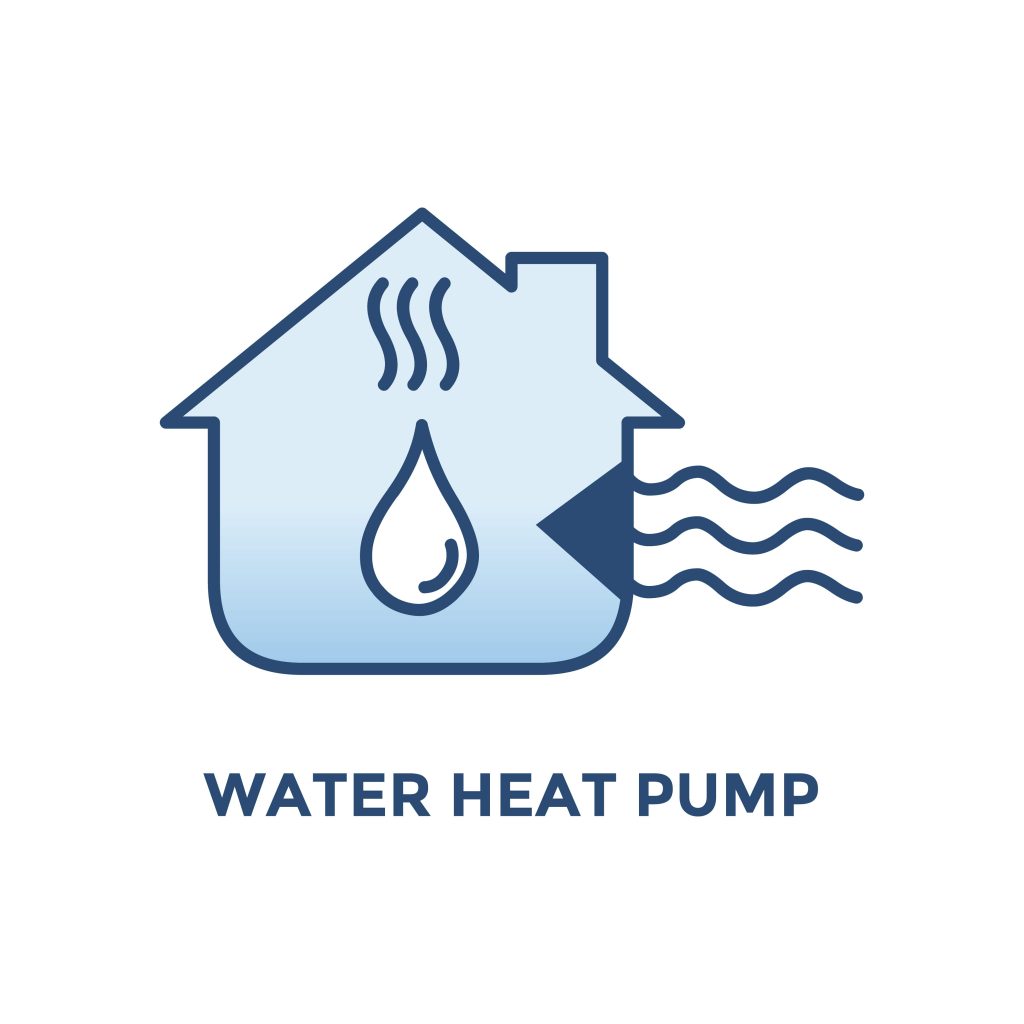
Water source heat pumps are the most efficient heat pump available on the market. This is because the heat output and heat transfer from water are superior to both air and ground. Therefore, it uses less electricity, thus reducing your electricity bill too!
If you live near a lake, stream, river, well, or another body of water then opting for a water source heat pump system could be the right choice for you. However for it to work, you have to have a substantial quantity of water available otherwise the heat pump will lower the water temperature so it could freeze, which would directly affect the efficacy of the heat pump working. A major benefit of choosing a water heat pump is it is allowed within permitted development so no planning permission is required. However, if an open loop water system is used, permission will be required from either the Environment Agency or the Scottish Environment Protection Agency (SEPA) to extract and discharge the water.
Read more about water source heat pumps.
How Do Heat Pumps Work and Why Use Them?
When in heating mode, a refrigerant at the outside temperature is compressed. As a result, the refrigerant will produce heat. This thermal energy can be transferred to a central heating system. After being moved outdoors again, the refrigerant is decompressed — evaporated. It has lost some of its thermal energy and returns to being colder than the environment. It can now take up the surrounding energy from the air, water, or the ground before the cycle repeats. Compressors, fans, and pumps run with electric energy.

Since a heat pump captures heat that is already present in the environment, the system itself does not burn any fuel and therefore emits no carbon dioxide. Heat pumps come with multiple advantages for your home. Pumping heat uses less electricity compared to when electricity is solely used as a means to convert it. During the summer, the cycle can be reversed and the unit acts like an air conditioner.

The cost of living crisis: how can a heat pump system help?
Many people are increasingly worried about rising energy bills, with the wholesale price of natural gas increasing by +266% between August 2021 and 2022 (Ofgem). Electricity bills have also experienced increases over this period but their impact is much lower on the cost of living.
Investing in a heat pump could be a great solution to bring down the cost of energy for your household or business. Running costs of using a heat pump over a gas boiler to provide heating and hot water is much lower, especially with gas prices being so high. Heat pump systems are more likely to have stable heating bills in the long term too, as they are not reliant on natural gas to create heat.
As part of its Net Zero strategy, the UK Government wants to encourage the increased use of low-carbon and renewable energy sources to provide heating for the population. To do this, a number of incentives are available to make the switch to heat pumps more affordable for homeowners. In the Spring Statement 2022, it was announced that the VAT applied to air source heat pumps would be reduced from 5% to 0% for domestic properties. Most heat pumps still benefit from the reduced VAT rate of 5% though.
The Government is further supporting the installation of heat pumps through their Boiler Upgrade Scheme. It is available from 2022 to 2025 and is a one-off grant available in England and Wales to domestic and small non-domestic properties. The grant is £5,000 off the cost and installation of air source heat pumps, and £6,000 for ground source heat pumps.
Some private installers also offer 0% APR finance packages to spread the remaining cost of buying and installing a heat pump. This makes it even more affordable for households during this cost of living crisis.
Low-carbon and energy-efficient energy sources
As a heat pump works by absorbing heat from the earth, air, or water, it is a great low-carbon and renewable energy source. This means there is no need to burn fuel which adds additional carbon into the atmosphere. Getting a heat pump central heating system to provide your energy will make a big difference to your carbon footprint. This means it’s not only good for lower energy running costs, but it helps the environment too – especially if your electricity is also from low-carbon sources.
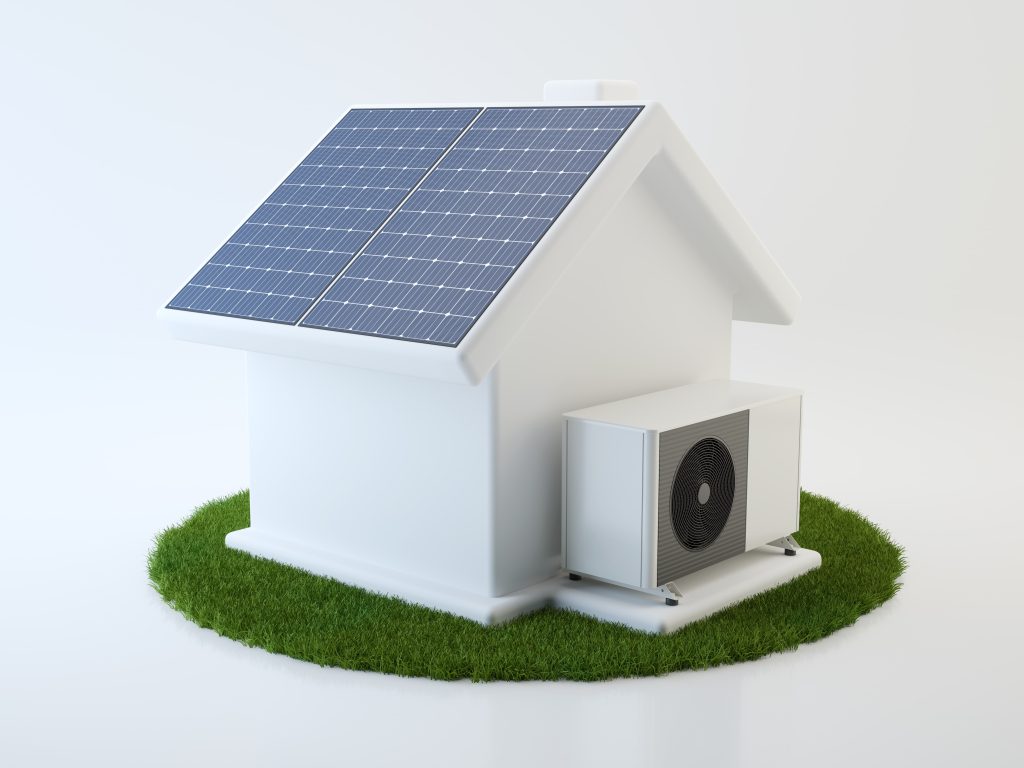
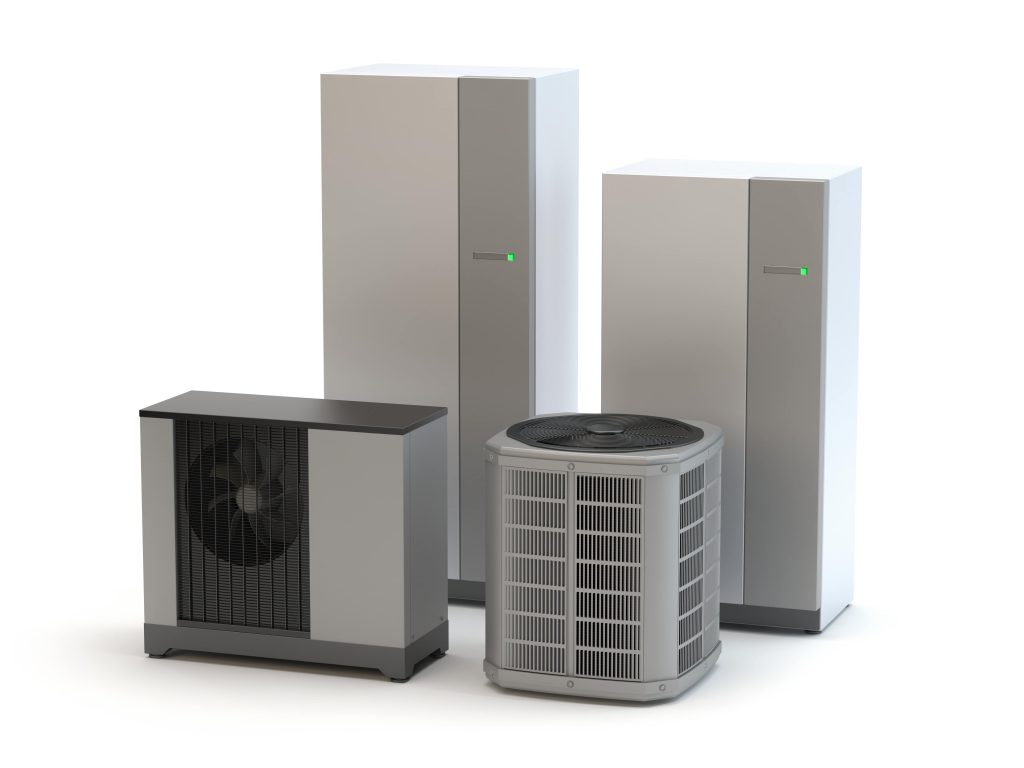
In the next few years, the UK Government are also phasing out the installation of new gas boilers in a bid to reduce carbon emissions from central heating systems. Therefore, households and businesses will need to explore other alternatives to getting heat and hot water, of which heat pumps are a viable option.
JC Metalworks is ready to make a big impact in working towards Net Zero by optimising its existing energy-consuming assets through state-of-the-art, energy-efficient technology and equipment. Partner with us for your precision sheet metal subcontracting and benefit from our high-quality manufacturing.


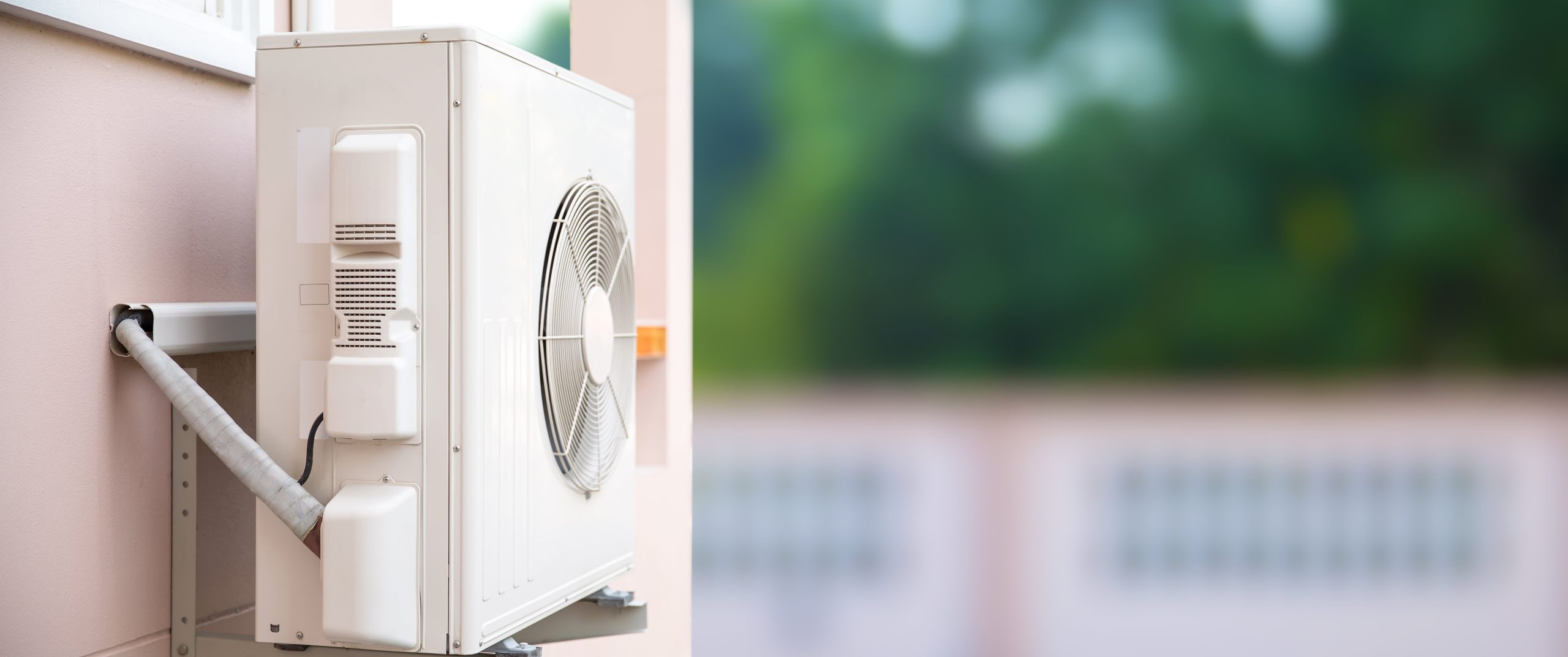
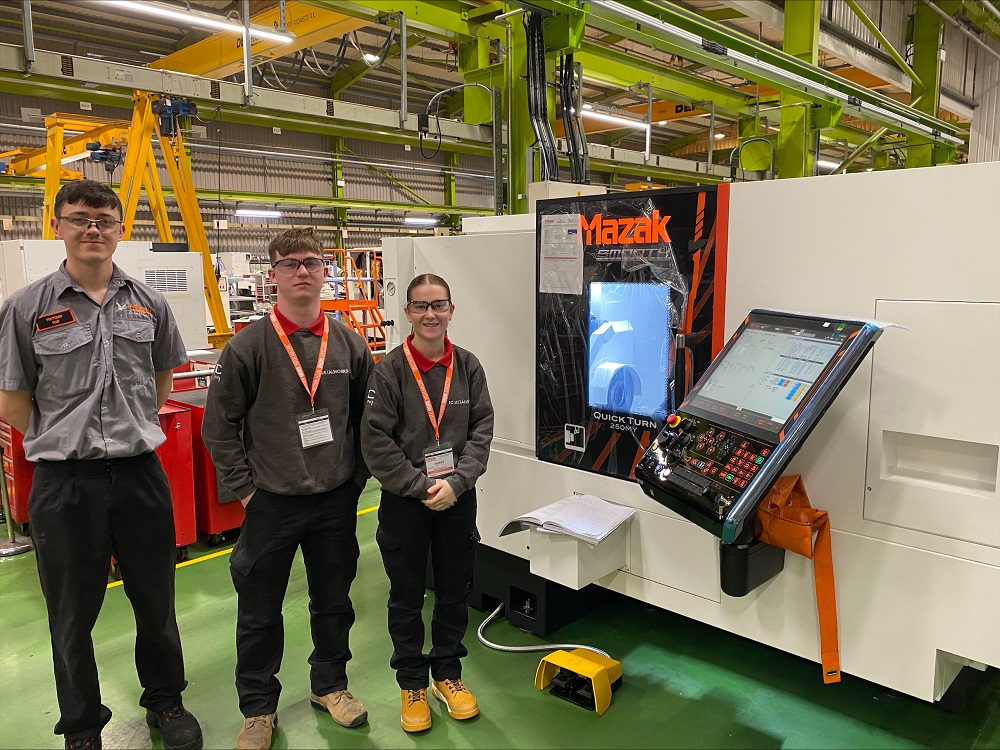
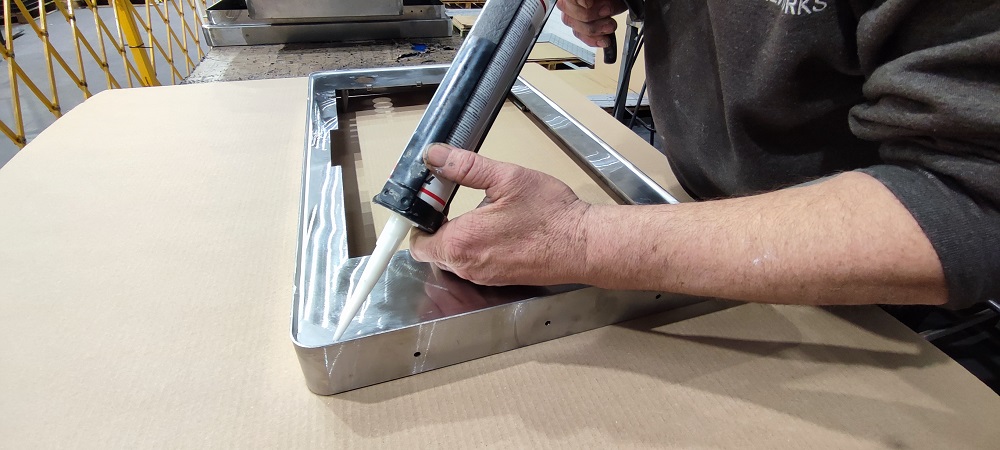
Leave a Reply